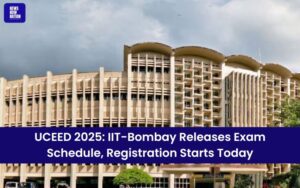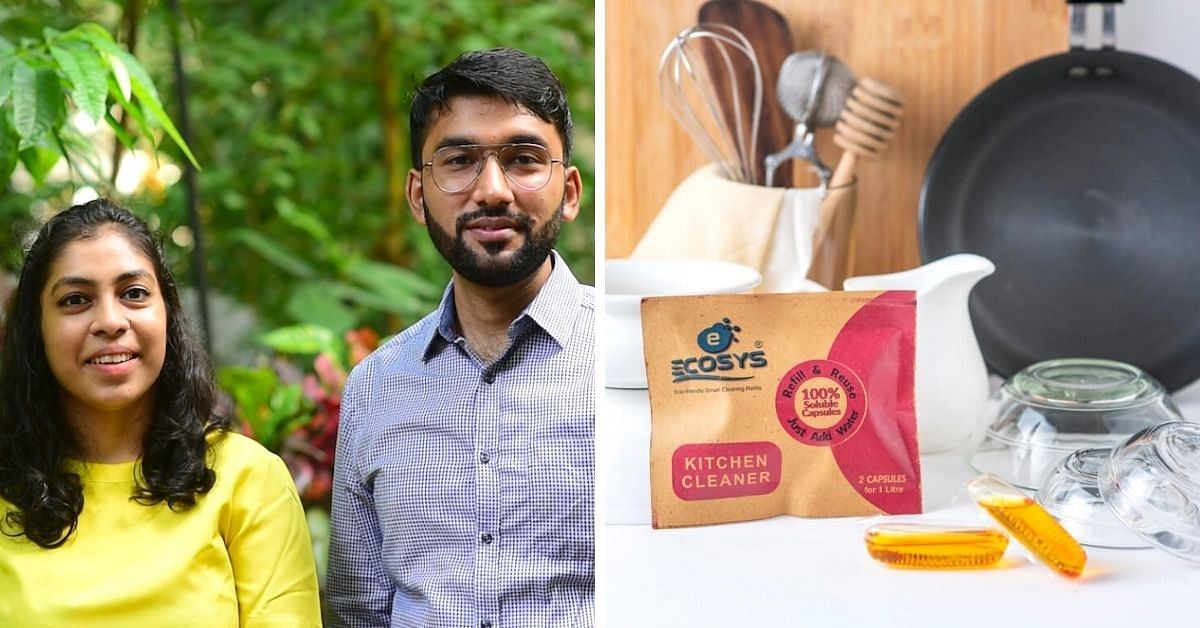
An outsider visiting Mumbai for the first time has a long listicle of places to see. Among the most popular of them is Juhu beach.
It was the same for Sumit Goyal, who hails from the deserts of rural Rajasthan. A native of Shrimadhopur, Sumit moved to Mumbai in 2010 for a CA internship and decided to spend an evening at the famous beach to seek peace and calm.
Little did he know that he would be stepping on one of the world’s dirtiest beaches.
“The beach was filled with dog poo, rubbish and plastic bottles. I wondered whether it was a beach or dump yard. I was upset looking at the miserable state of the beach but could not think of a solution,” he tells The Better India.
A few years later, the thought to mitigate plastic waste inspired him to establish a sustainable startup that prevents tonnes of plastic waste from entering a landfill or floating around the ocean.
‘Finding The Right Formula’
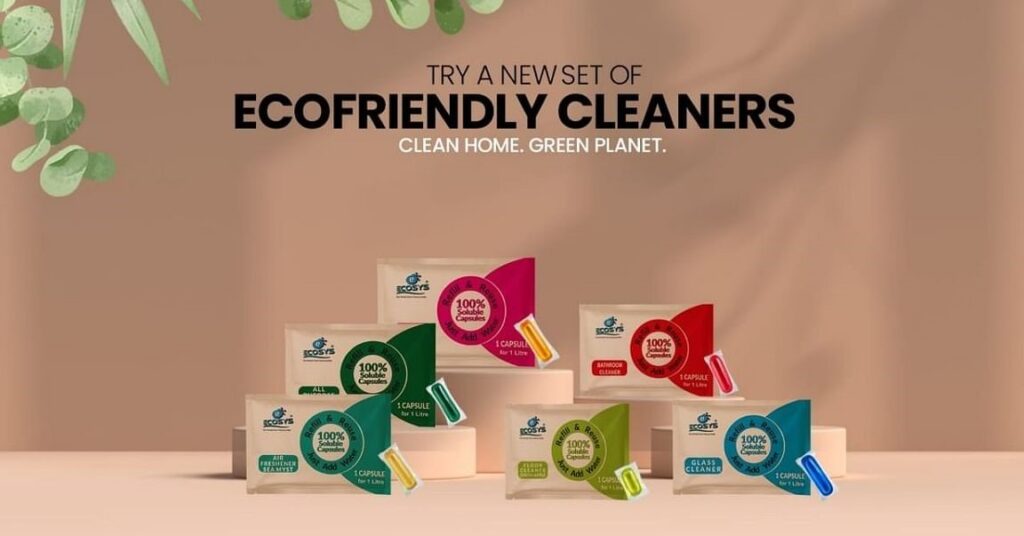
Sumit completed his internship in 2013 and entered into a textile export business. A year later, he met Prachi Bansal through a mutual friend. “Prachi was pursuing Fashion Management in Milan, Italy, and on one occasion, I discussed the plastic pollution issue in India with her,” he says.
It was then that Sumit learnt of companies in the West manufacturing Polyvinyl alcohol (PVA) detergent pods for laundry washes from Prachi. “She suggested the companies were limiting themselves to detergent, but we could work to produce surface disinfectants, cleaners and other products,” he adds.
For Prachi, she had always seen her grandfather reusing packaging material and ensuring that fewer items ended up in the dust bin. “Hence, the concept of single-use plastic always made me feel uncomfortable, and I decided to join Sumit,” she says.
That’s how Ecosys was born in 2016.
“We started approaching chemical sciences experts and engineers to help us with a solution [for plastic packaging],” 29-year-old Sumit says.
Sumit and Prachi sought mentorship from professionals to understand and build multiple cleaning products using PVA Packaging that was non-toxic and did not involve plastic.
Explaining the product, Sumit says, “The PVA is derived from industrial processing of polyvinyl acetate (PVAc) and converts it into chemical alcohol such as methanol. It is a water-soluble product that dissolves in warm and cold water alike, is colourless and fragrance-free.”
He adds that PVA does not cause microplastic pollution as the microbes in water transform it into H2O and CO2, making it a biodegradable substance.
“We had to prepare a PVA film that would contain the cleaning agents. Our concept was to use PVA as water-soluble containers for the cleaning solutions. It has similar properties to plastic — flexibility, it can be bent or stretched and is strong,” he says.
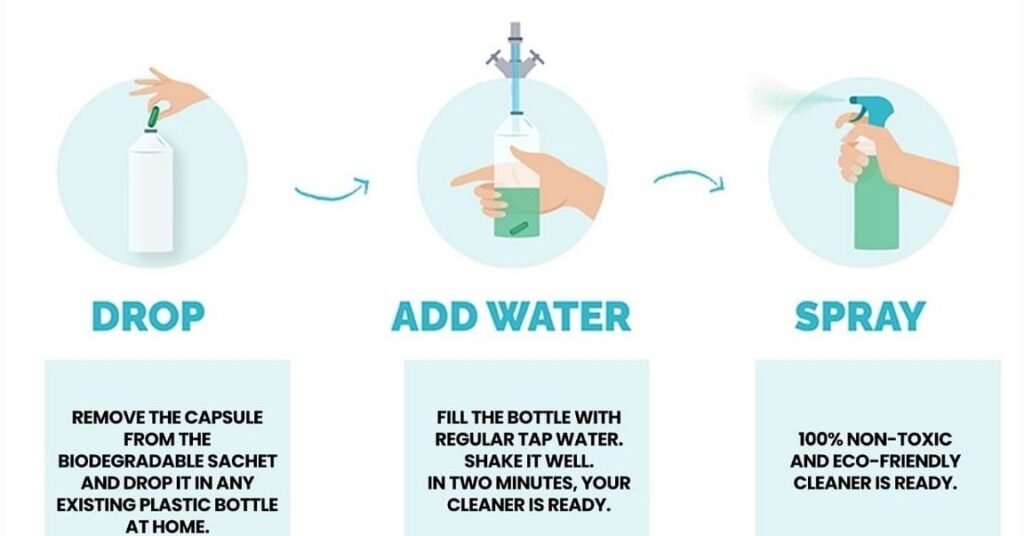
Sumit says that if formulated perfectly, they could derive a packaging material that was eco-friendly, convenient to use and safe while ensuring to keep the original properties of the packaged products intact.
But months of efforts to conceive the product went in vain.
Prachi says, “The PVA film often leaked or caused spillage. At times the capsule could not hold the solution and burst open. We spent weeks finding the right formula. Though we simultaneously developed eco-friendly cleaning agents that could clean floors, windows and kitchen surfaces, we were unable to develop the packaging material to the desired quality.”
After 18 months of struggle and failures, the duo finally conceived the market-ready product. “We learned that different solutions required separate PVA designs and worked around it. The capsule is inserted into a bottle, after which the water gets poured inside. The 10 ml [concentrate] cleaning solution inside the capsule blends with 1 litre of water and once the PVA dissolves, it is ready for use,” she says.
Prachi says their product has two innovations. “Firstly, the cleaning solutions are non-toxic and environmentally friendly. They are not plant-based but made with a chemical formula that does not harm the environment. The other development is the PVA film used to package multiple cleaning solutions,” she adds.
Moreover, the capsules can travel long distances using less storage space.
Requiring less space to transport also reduces carbon footprint. “Since one capsule of Ecosys is equal to one litre of bottled cleaning solution, we can store and transport multiple litres of the cleaning solution while using the space of a single bottle. The move allows transporting multiple litres of solution in that same fuel cost. Our primary packaging material is also made from waste paper, making the entire product plastic-free and environment friendly,” she says.
Prachi claims their product is cost-effective and equally efficacious compared to other products in the market. “A glass cleaner in the market costs Rs 75 for half a litre. We provide one litre for the same cost without compromising on the quality. Except for floor cleaners, all our products are 60-80 per cent cost-effective compared to others,” she says.
Preventing Tonnes of Waste
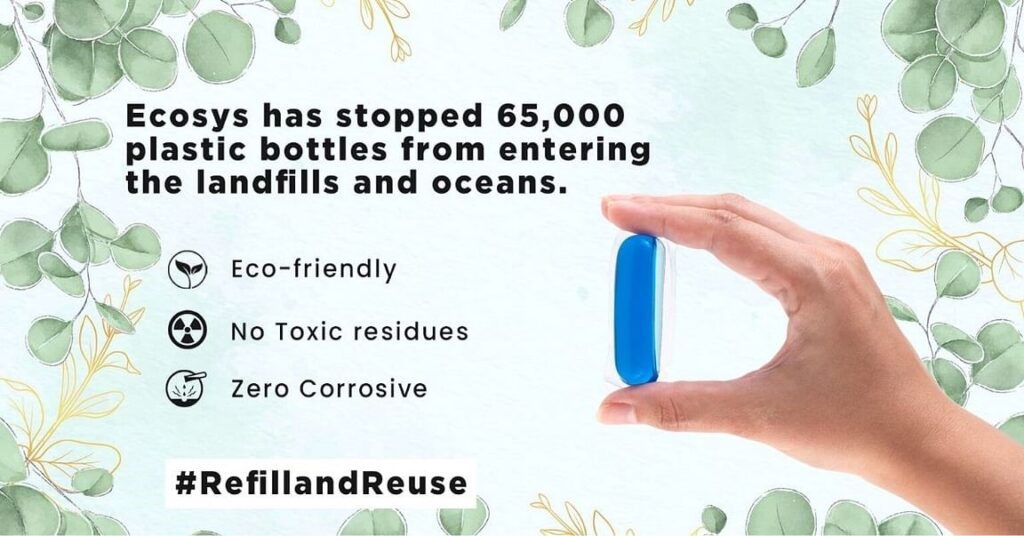
Impact of Ecosys.
Apart from struggling to develop the product, Sumit and Prachi also faced hardships in convincing their customers. “We were unsure about the Indian market as the product is unique. The consumers failed to understand how the PVA products worked. They doubted how a 10 ml concentrate could work effectively after diluting it with a litre of water,” Sumit says.
Sumit adds that the product was new, and it took time for consumers to learn and accept it. “But despite disappointments, we believed in our product and continued to convince the customers,” he says, adding that the startup churns out monthly sales of about Rs 5 lakh.
Nikita Khedia, a freelancer and a consistent user of their products, says, “I came across the cleaning products through a Facebook post and have been using them for the past 1.5 years. I feel less guilty about using non-toxic products that help improve the environment. Moreover, the capsules occupy less space in my storage, and the products work equally well compared with the ones I used earlier.”
Nikita says that changing to products offered by the startup has also turned out to be cost-effective.
So far, the startup has mitigated 65,000 plastic bottles—comprising 13 tonnes of plastic—from entering the landfill, the duo claim.
The startup founders now plan to conceive new products such as laundry and dishwasher pods. “We aim to expand our product range and reach more environmentally-conscious consumers who can contribute to our cause and help reduce the pollution around us,” he adds.
To order or enquire about the products, click here.






